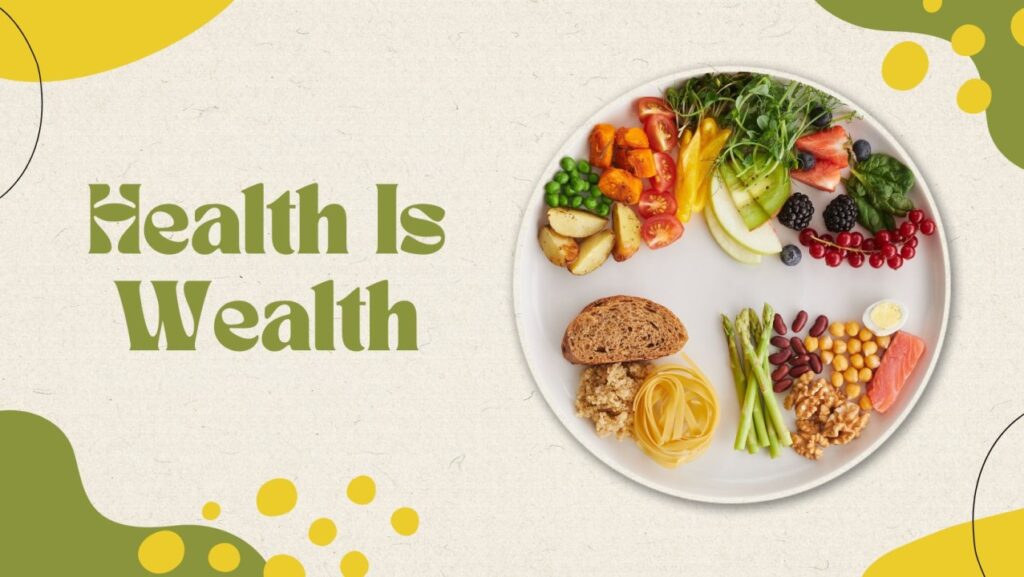Table of Contents
Psychology of Food
Food psychology is the study of how people make food choices and their eating behaviors.
Psychology of food is a field of applied psychology that seeks to understand how people’s food choices and eating behaviors are influenced by various factors, such as genetics, culture, and social norms.
What is the psychology of Food?
What we eat affects our mood, energy levels, and overall health. Food should taste great and provide the necessary nutrients to nourish our bodies. Eating too little or too much can negatively impact your health and quality of life, leading to a poor relationship with the psychology of food.
You can overcome compulsive eating, binging, and weight gain by making mindful choices. By controlling your appetite, you can experience a sense of calm, increased energy levels, and alertness through the psychology of the foods you consume.
There are many benefits to changing deep-seated, unhealthy eating habits, such as:
- An increase in energy level and alertness.
- A more positive relationship with food.
- Improved health.
- Easier movement.
- Improved body image.

What factors influence our eating behaviors?
Experts believe many factors can influence our feelings about food and eating behaviors. These factors include:
- Cultural.
- Evolutionary.
- Social.
- Family.
- Individual.
- Economic status.
- Psychological.
When experiencing stress, boredom, anxiety, or happiness, many people turn to food as a coping mechanism. While this may help in the short term, eating to soothe and ease your feelings often leads to regret and guilt and can even increase negative emotions.
You’re not handling the issue that’s stressing you out. Gaining weight can also hurt your self-esteem and have other unfavorable health repercussions, including high blood pressure, cholesterol, or sugar levels.
What role does psychology play in weight management?
Psychology is the science of behavior. It is the study of how and why people do what they do. For people trying to manage their weight, psychology addresses the following:
Psychology of food behavior
Treatment involves identifying the person’s eating patterns and finding ways to change eating behaviors.
Cognition (thinking):
Therapy focuses on identifying self-defeating thinking patterns that contribute to weight management problems.

What treatments are used for weight management?
Behavioral treatment is the most effective method, as it addresses thinking patterns and behaviors. Some areas that are managed through cognitive-behavioral treatment include:
Determining the person’s “readiness for change
This involves an awareness of what needs to be done to achieve your goals and then committing to it.
Learning how to self-monitor
Self-monitoring helps you become more aware of what triggers you to eat now and more mindful of your food choices and portions. It also enables you to stay focused on achieving long-term progress.
Breaking linkages
Here, the emphasis is on stimulus management, which includes avoiding specific environments when eating and removing harmful food options from your house. In addition to teaching distraction as a coping mechanism for stress, cognitive behavioral therapy teaches eating better substitutes instead of meals. The strategies to break links are positive reinforcement, rehearsal/problem-solving, locating social support, and altering eating patterns.
What does cognitive-behavioral treatment involve?
Cognitive therapy focuses on your eating habits and thoughts. It assists you in identifying self-defeating thought habits that may impede your ability to control your weight and make healthy eating choices. Additionally, it teaches and facilitates the use of constructive coping self-statements.
Examples of self-defeating thoughts include the psychology of food:
- “This is too hard. I can’t do it.”
- “If I don’t reach my target weight, I’ve failed.”
- “Now that I’ve lost weight, I can return to eating any way I want.”
Examples of positive coping self-statements include:
- “I realize that I am overeating. I need to think about how I can stop this pattern of behavior.”
- “I need to understand what triggered my overeating so I can create a plan to cope with it if I reencounter the trigger.”
- “Am I starving, or is this just a craving? I will wait to see if this feeling passes.”

What strategies will help me manage my weight?
It would be best to shift your mindset toward a healthy lifestyle to lose weight effectively. It won’t happen if you rely on short-term diet after diet to lose weight.
Use positive thinking and behavioral strategies to manage your weight and eating habits. To help get you started, here are a few tips:
Tips for healthy eating and Psychology of food
- Don’t skip meals.
- Plan meals and snacks ahead of time.
- Do keep track of your eating habits. (See “food diary” below.)
- Limit nighttime eating.
- Do drink plenty of water.
- Do not delay or distract yourself when experiencing cravings.
- Do exercise instead of eating when you are bored.
- Be attentive when you eat. Don’t eat while watching TV, working, driving, or standing.
- Do only eat in specific settings (kitchen table).
- Do watch your portion sizes.
- Do allow yourself to eat a range of foods without forbidding yourself to a particular food.
- Do encourage yourself.
- Do look for a support person to help you stay motivated and accountable.
- Do be gentle with yourself! Try not to beat yourself up when you lapse.
- Do think of eating healthfully as a lifestyle change.
- Do use the scale mindfully. Weigh yourself no more than once a week.
- Do make healthy food choices.
The diary is the psychology of food.
A food diary is a tool to record in detail:
- What food do you eat?
- When you eat.
- How you feel when you’re eating.
- What you are doing (if anything) while you are eating.

How Stress Affects Your Eating Habits
Stress and eating habits are closely related, but it’s important to note that stress doesn’t affect everyone similarly. While some people turn to food as a distraction from stress, like reaching for a pint of Ben & Jerry’s after a long day at work, others may not experience the same behavior. When stressed, others ignore their hunger cues, causing them to go for long periods without eating.
Additionally, stress can make you crave sugary, salty, and fatty foods. Cortisol is a stress hormone that floods the body during times of overwhelm and anxiety. Because your brain thinks you need added fuel to mobilize the stored energy in your muscles and escape danger, you reach for foods that metabolize quickly but can leave you with a crash later on. You can’t think about the future or plan when you are in a fight or flight. You’re looking for immediate gratification that will help you survive.
What is the psychological function of food?
In addition to satisfying physical and social needs, foods also satisfy specific emotional requirements of human beings. These include a sense of security, love, and acceptance. For example, preparing delicious food for family members is a token of love and affection.
What are 10 good psychology of food habits?
10 good eating habits that you can teach your kids:
- Eat breakfast daily. …
- Eat lots of fruits and vegetables. …
- Eat snacks in moderation. …
- Drink plenty of water. …
- Listen to your body’s hunger cues. …
- Avoid overeating. …
- Eat meals together as a family. …
- Avoid eating in front of screens.
What are the 5 rules for healthy eating?
- Base your meals on higher fiber starchy carbohydrates. …
- Eat lots of fruit and veg. …
- Eat more fish, including a portion of oily fish. …
- Cut down on saturated fat and sugar. …
- Eat less salt: no more than 6g daily for adults. …
- Get active and be a healthy weight. …
- Do not get thirsty. …
- Do not skip breakfast.
What is Nutritional Psychology?
The field of Nutritional Psychology of food is focused on its development and advancement. Nutritional Psychology (NP) is a growing field that studies the relationship between diet and human psychological, behavioral, cognitive, sensory-perceptual, interoceptive, social, and neurodevelopmental processes, experiences, and outcomes.
Nutritional Psychology is a complex integration of crucial fields. By combining psychological, behavioral, social, and scientific aspects, including neuroscience, psychiatry, biochemistry, and nutrition, we create a holistic approach to health.

Your posts always provide me with a new perspective and encourage me to look at things differently Thank you for broadening my horizons
Your posts always provide me with a new perspective and encourage me to look at things differently Thank you for broadening my horizons
you are truly a just right webmaster The site loading speed is incredible It kind of feels that youre doing any distinctive trick In addition The contents are masterwork you have done a great activity in this matter
Usually I do not read article on blogs however I would like to say that this writeup very compelled me to take a look at and do so Your writing taste has been amazed me Thanks quite nice post
thank you so much